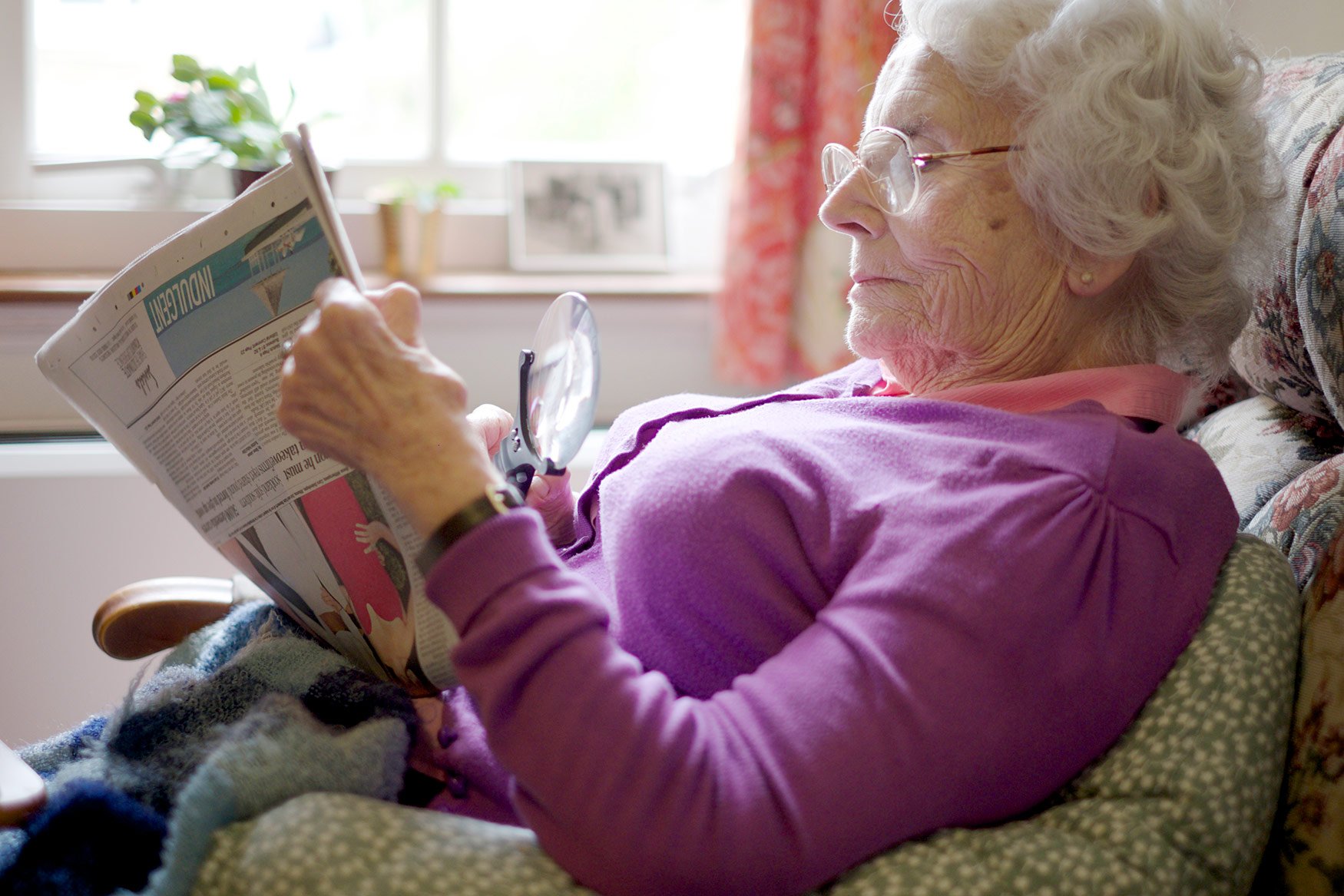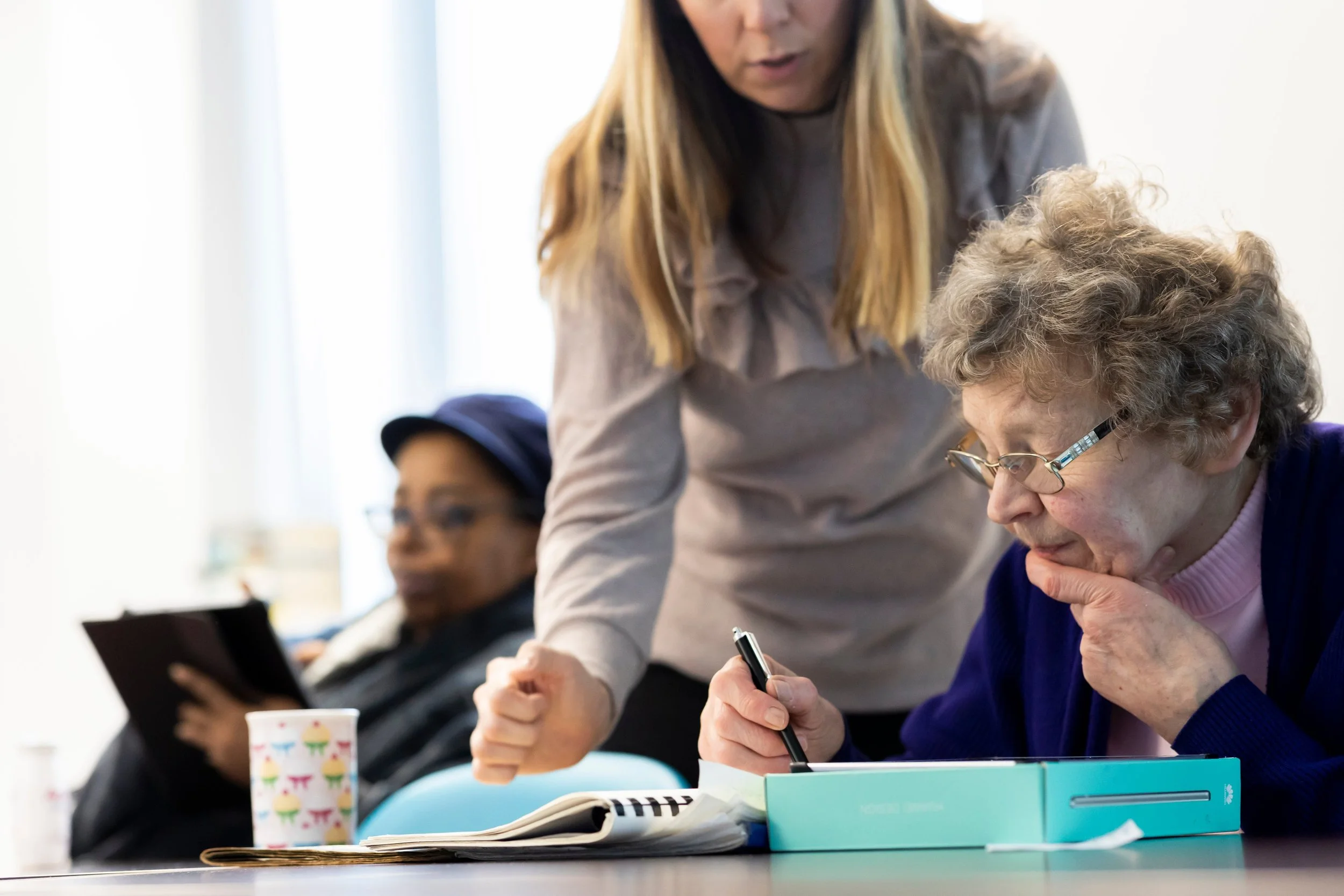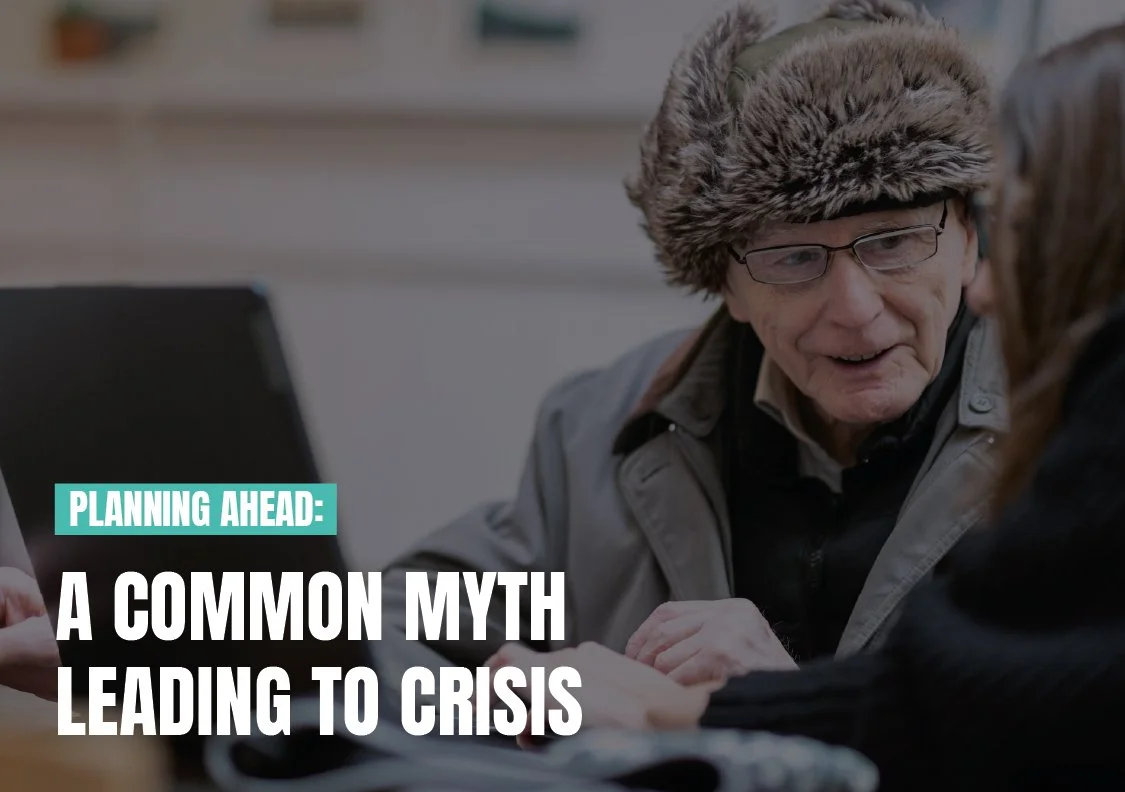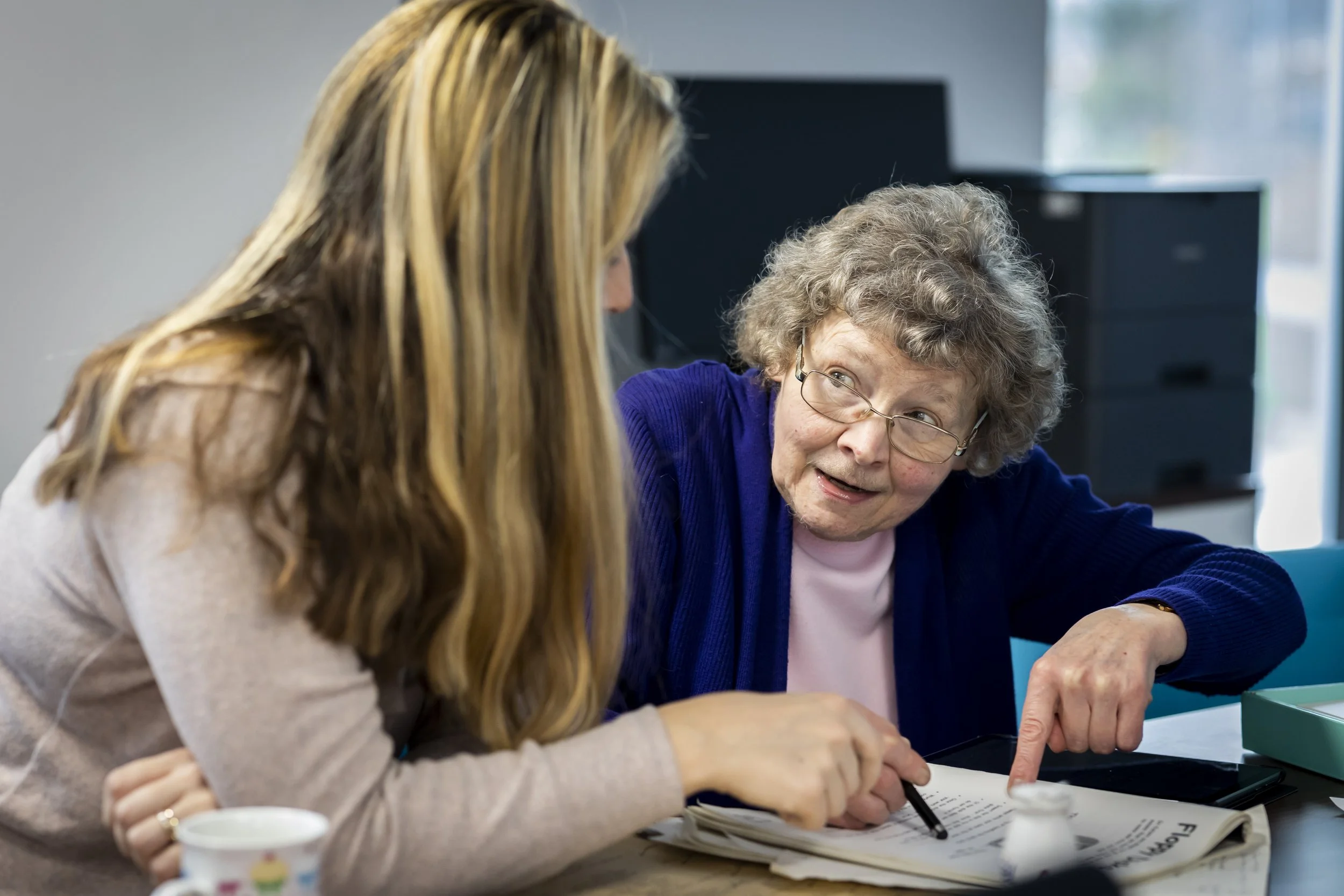
Dementia - the Radical Agenda.
Projects
The DSDT worked in Northern Ireland for a decade, and in this film Professor June Andrews and Mark Butler are seen in Belfast talking about what has happened so far, and what still needs to happen.
The policies that have underpinned dementia responses that have brought us to this place show that dementia was high on the old agenda for at least a decade.
Particularly in Northern Ireland where funding has been so generous that, as you will see in the film, it was not even possible to spend it all.
But where does that leave us? We focus on five areas;
Politics
Rights
Faith
The arts
Education
This film takes up the voices of a journalist, a human rights leader, a Roman Catholic priest, a protestant church leader, an artist and a teacher. The journalist knows that even if they have money, government does not know how to spend it. The older people’s rights expert knows that social care staff who lead on care don’t have the right training, and poor people do not have choice. The human rights expert points out that treaties and policies are signed up to without meaningful effect.
The men of faith know that the communities in which they live have a considerable burden, which they gladly accept, to support their people, and the artist is shaping the way people think. They say, “There is more we can do.” But the most significant message about the future is, by necessity, focussed on how the young people, still going through education, are thinking about how they will manage dementia in the future in their own families. In us.
The message is this; you need to take responsibility for dementia in your own world, plan your future and act. Others, including governments worldwide, can’t. So they won’t. The rights of people are not clearer than they were ten years before. As Alzheimer Europe raised the question of whether dementia should be classified as a disability, ways and means had not been found to radically change the experience of most of those affected.
What is striking is that working with children is important because of issues about rights. Young people are really looking at it in terms of practical actions and deeds. They are asking, “What do we need to do? What are the consequences for us if we believe in human rights?”
So we found out that there was a lot of hope and good things to build on, but a false consensus about the sort of things that we are allowed to talk about. Young people are going to have to live with the consequences of today’s policy decisions, when we, the film makers and commentators are ourselves old. If they are going to look after us as we wish when we become old and frail we need to help them.
Radical changes need to take place now in our expectations. What warnings need to be given, to let people prepare for the future? What do we need to do?
There is something that needs to happen first. False consensus and the celebration of small unsustainable projects needs to be let go by the big institutions. We need to take back the agenda from the industry that has often, and is often letting people down. That is what is going to be done through newer projects.



